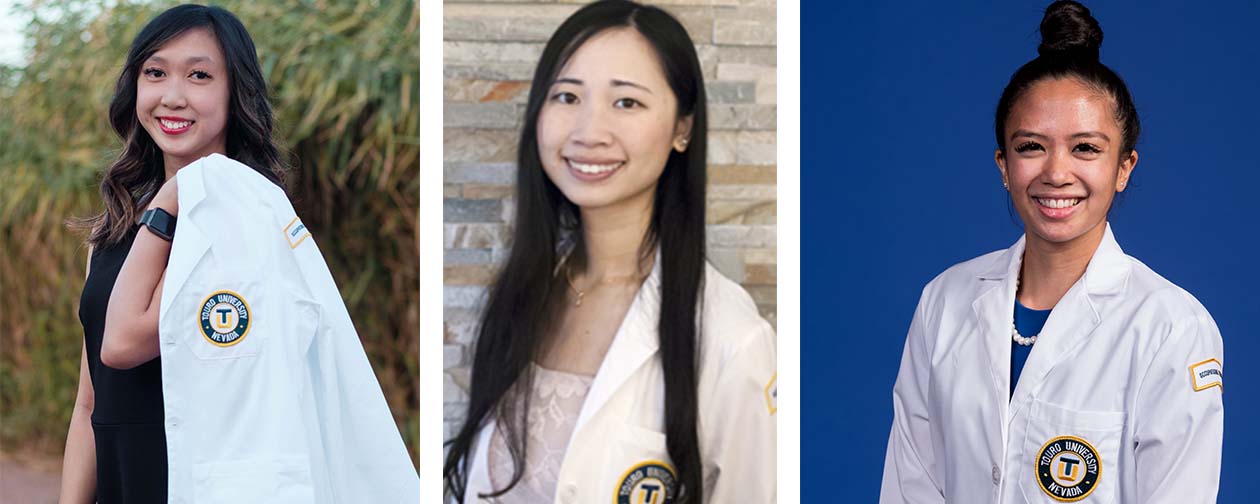
School of Occupational Therapy Students Use Microgrants to Help Strengthen Diversity Within the Profession
Three students from the School of Occupational Therapy use microgrants to help address the barriers minority students face on their road to pursuing a career in occupational therapy.
Ki Ana Tseu, Monica Tay, and Marisol Busacay, doctoral students from the Class of 2022, received grants from the Nevada Occupational Therapy Association (NOTA) to help tackle these issues.
“In light of recent political events, racial and ethnic disparities are more prominent now than ever. There is a gap in healthcare access and care for those in underrepresented minority groups. Although it is not new, now is the time to start making the change,” Tseu said.
Tseu plans to use her microgrant to create the NOTA Ambassador Program, a pipeline program that increases outreach to undergraduate students about the occupational therapy profession. The program’s goal, she added, is to increase diversity within Nevada’s occupational therapy practitioners by increasing access to education, providing mentorships, and a unique classroom-shadowing experience.
Tay and Busacay are using their microgrant to help assist low-income, Black students in Nevada who are interested in applying to occupational therapy school.
“The cost of applying to occupational therapy school is high,” they said. “Combined with the supplemental fees that multiple schools require, these application fees can pose a barrier to individuals from low socioeconomic statuses.”
Individuals from traditionally marginalized populations and lower socioeconomic statuses face multiple barriers when applying to graduate school, including language barriers, a lack of access to counselors, and high financial costs, they added.
“Reducing the financial burden of applying to occupational therapy school will allow for more individuals from minority backgrounds to potentially join the field,” they said.
Dr. Robyn Otty, Director of the School of Occupational Therapy, said minorities are vastly underrepresented in the profession and hopes these student-led efforts will help make their field more inclusive.
“Both of these microgrants hope to change the ethnic landscape of our profession by exposing people with various background to occupational therapy, in hopes of developing a path to becoming an OT,” Dr. Otty said.
“Increasing diversity in occupational therapy practitioners will allow for better care for those who come from diverse backgrounds, provide representation for clients and practitioners, and allow for different perspectives, skills, and experiences to contribute to the occupational therapy field,” Tseu said.
Learn More About Touro Nevada's OT Program


